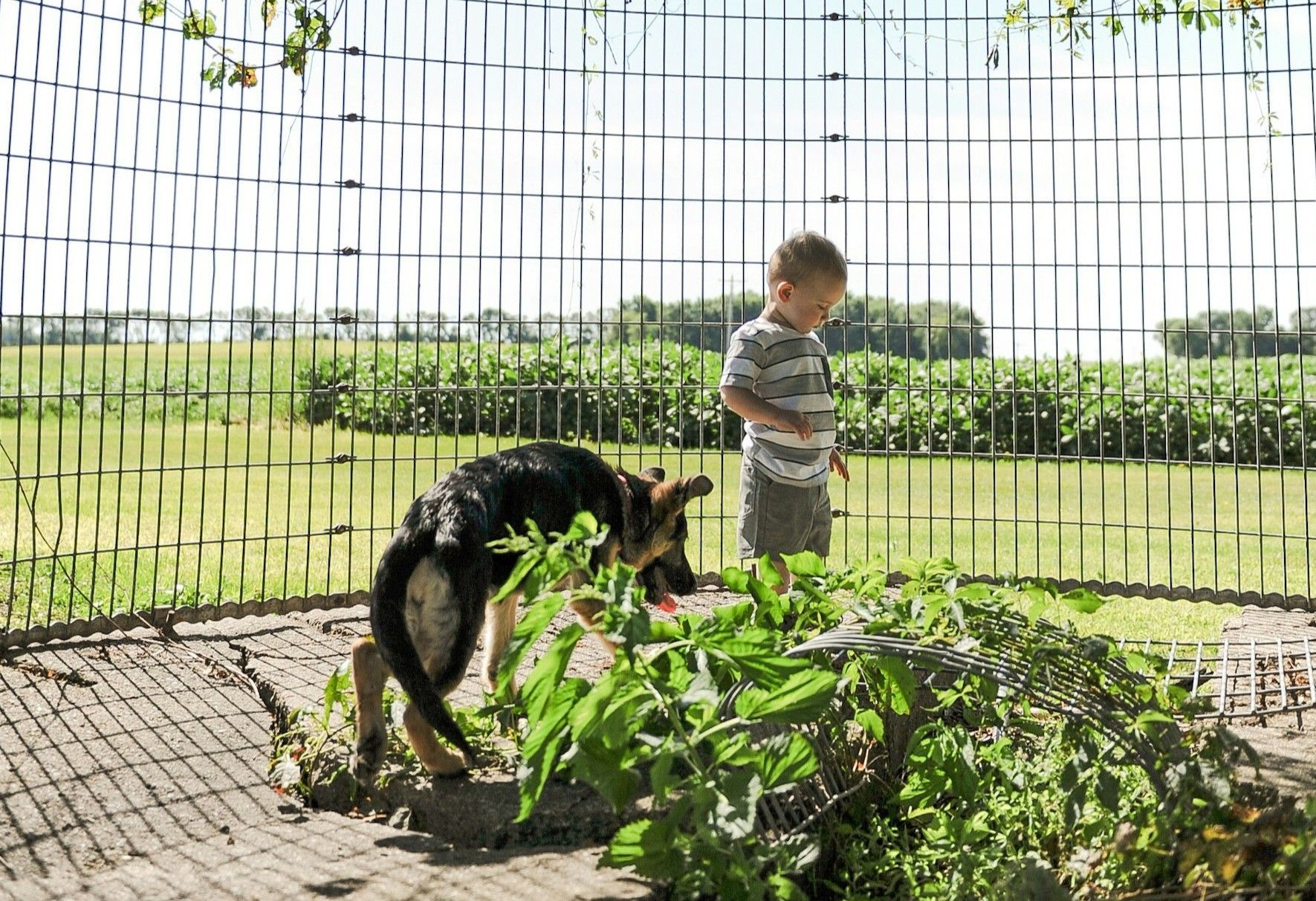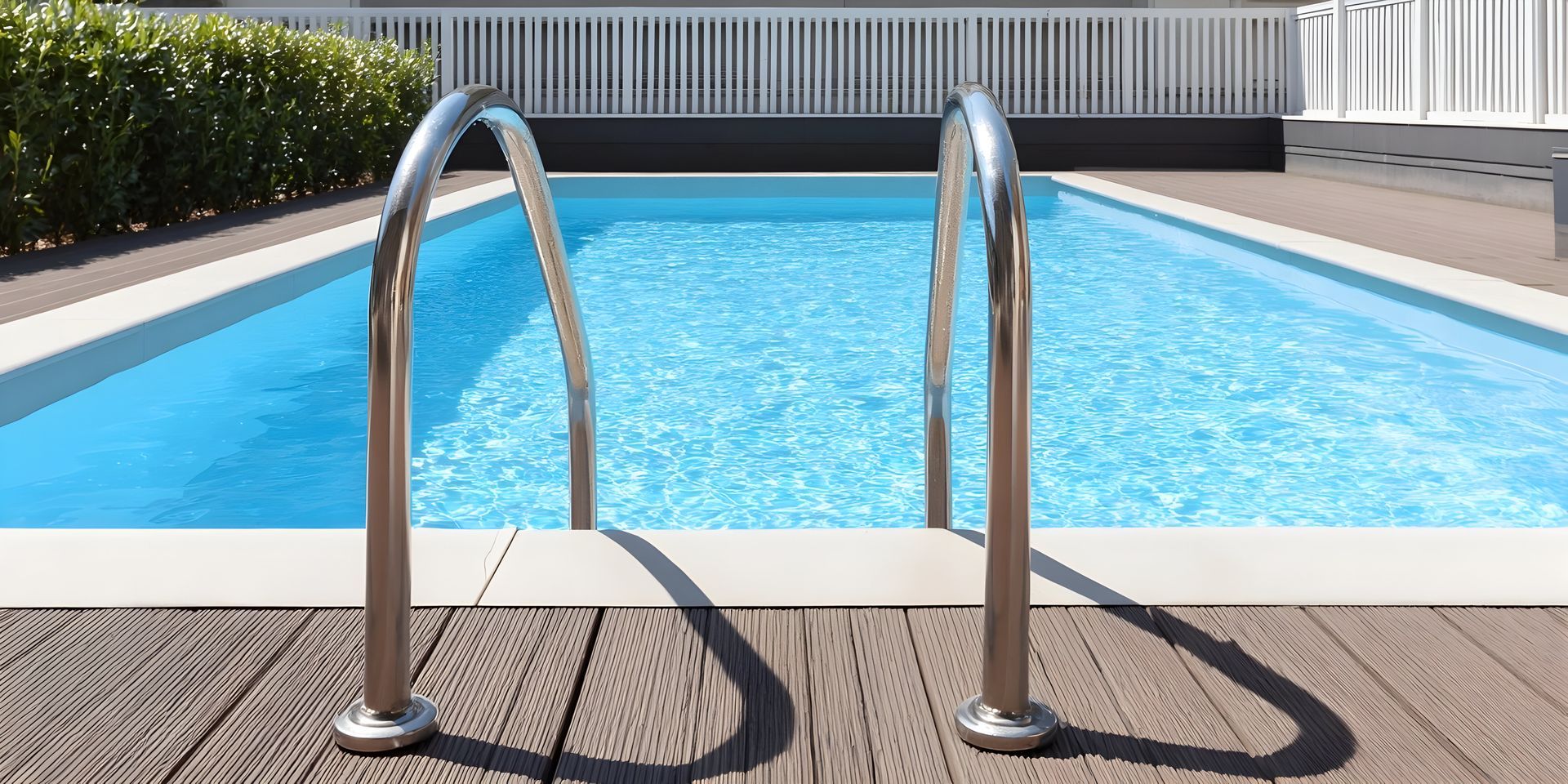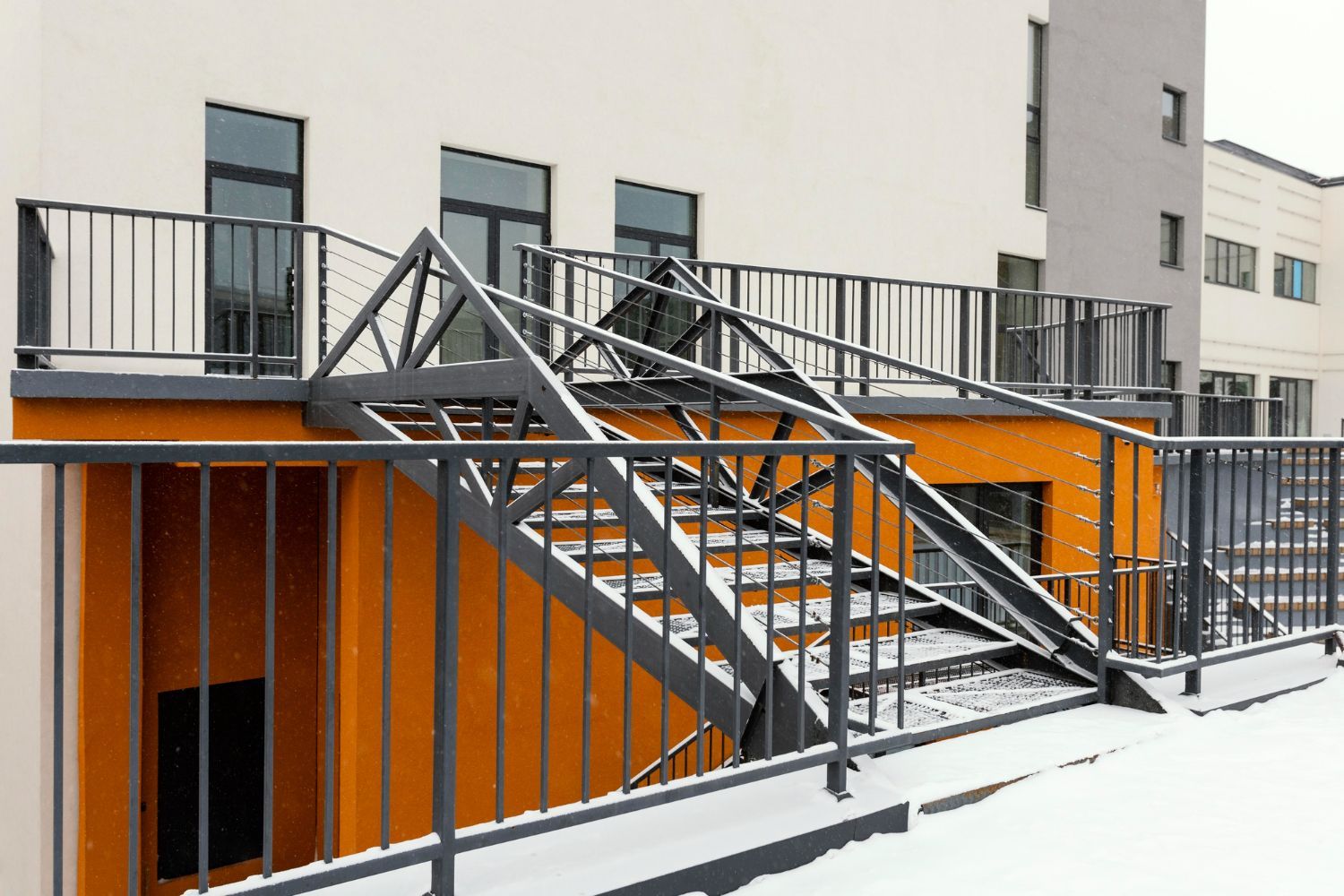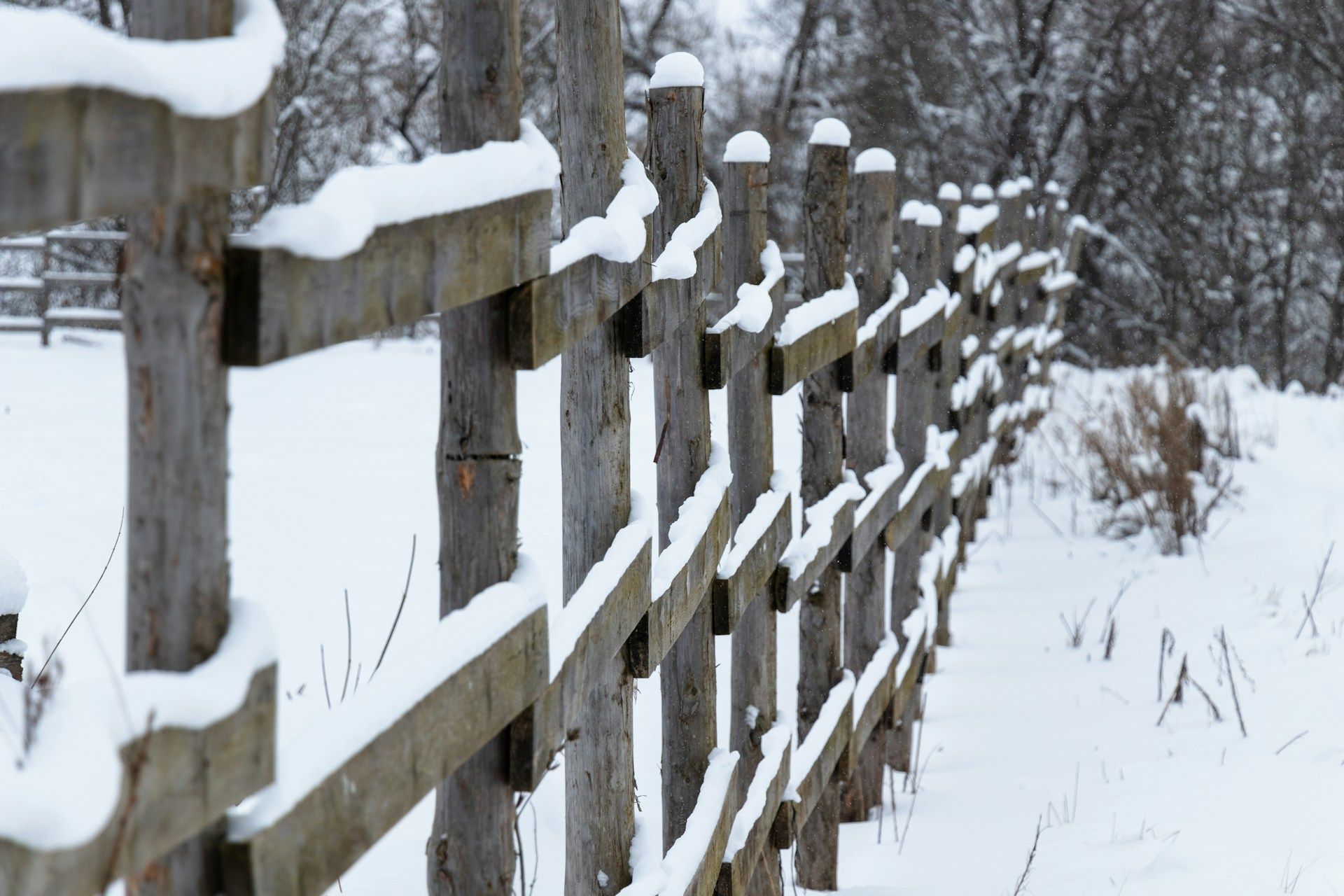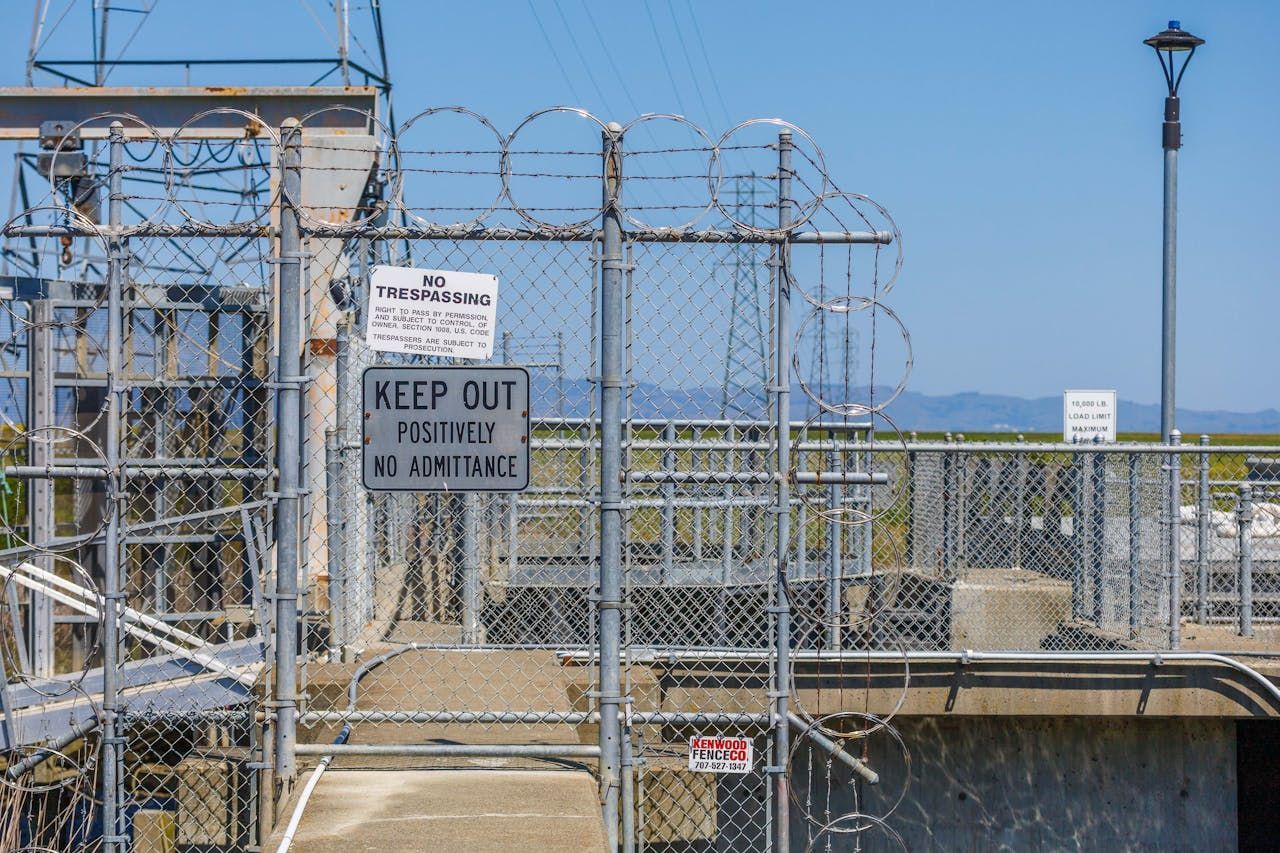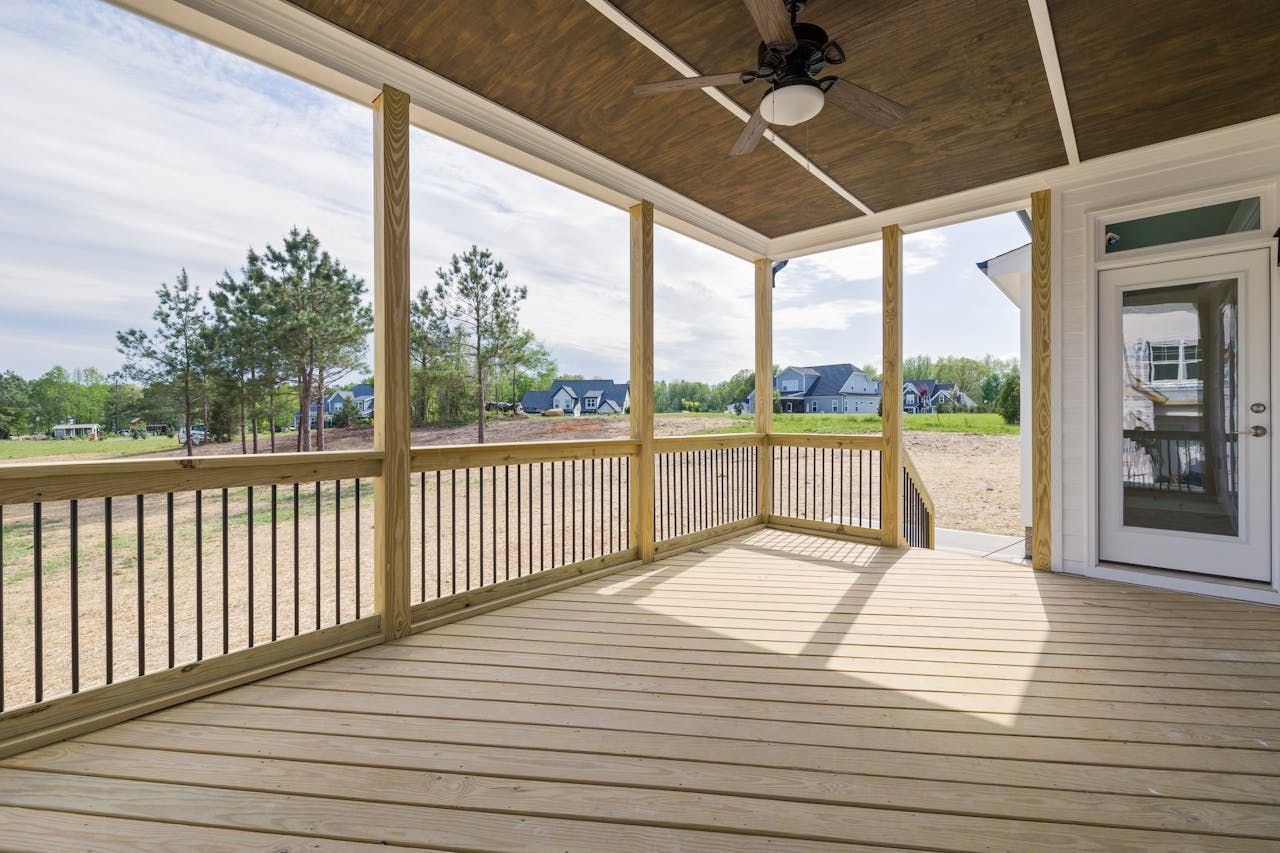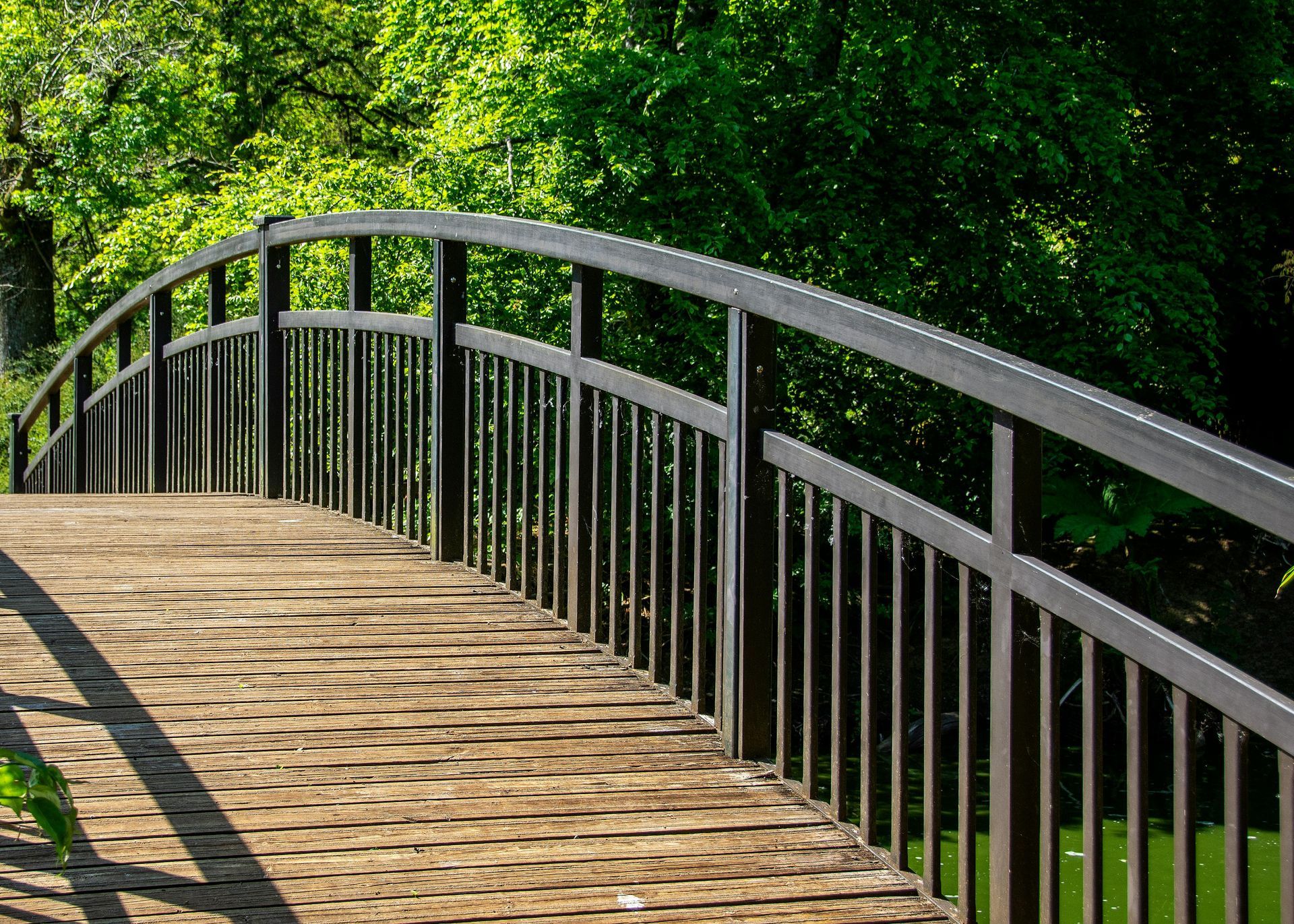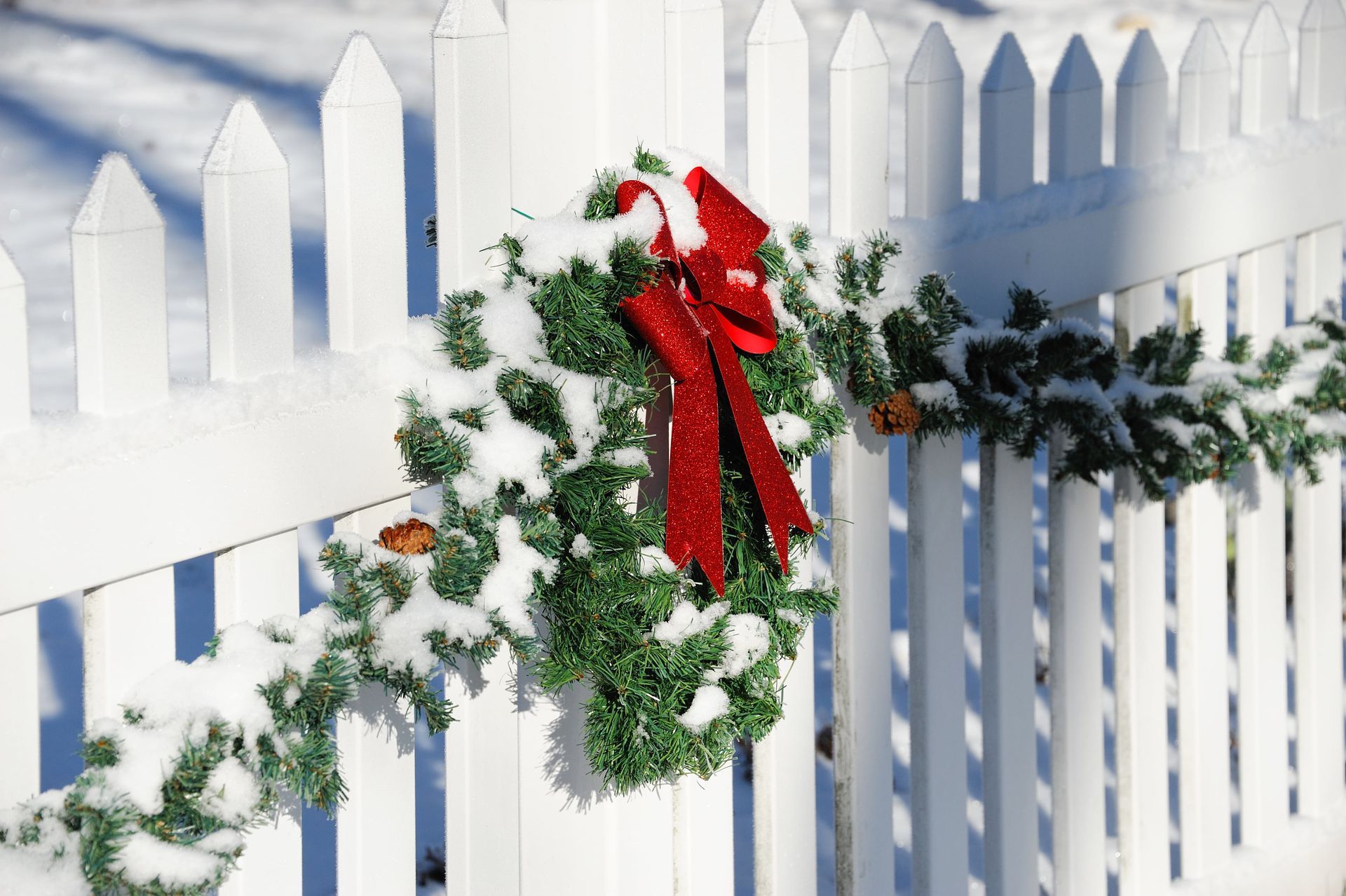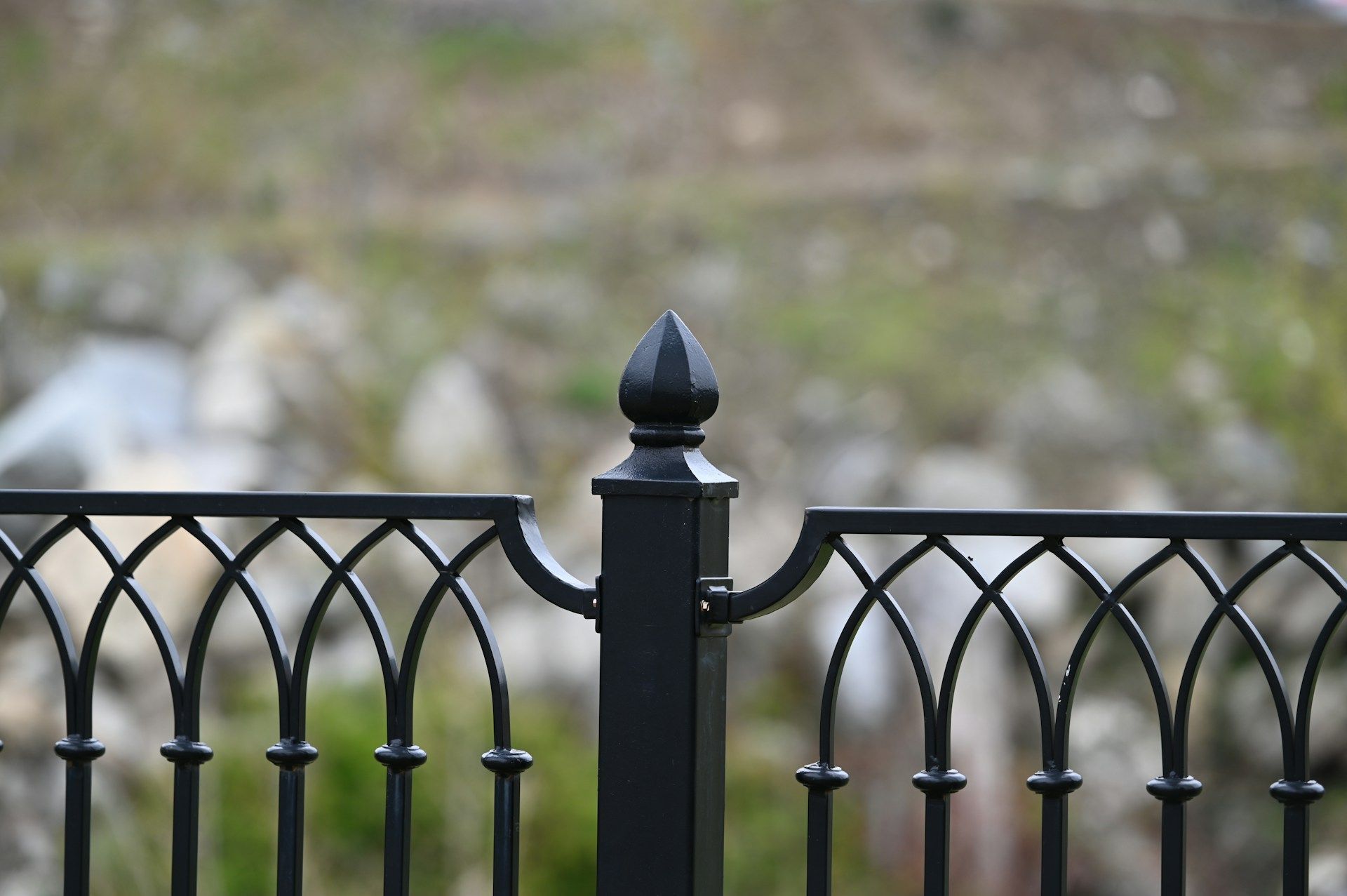Ensuring Livestock Safety: Choosing the Best Agricultural Fencing in Central PA
WHICH FENCE IS BEST FOR MY STATE COLLEGE FARM?
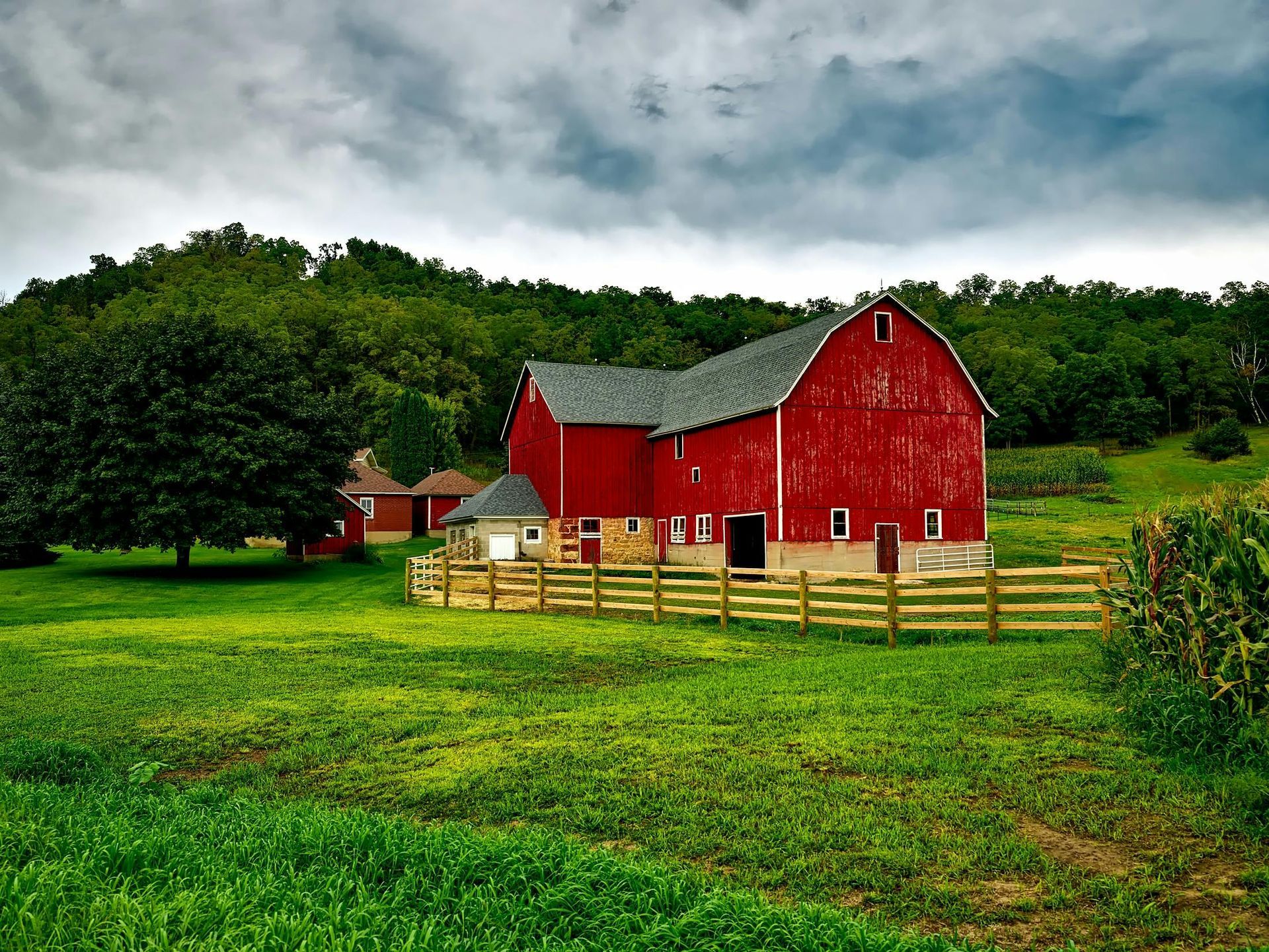
For farmers and landowners across Central Pennsylvania, from the rolling hills around Bellefonte to the fertile fields near Harrisburg and the agricultural heartlands of Centre Hall and Spring Mills, the safety and security of livestock are paramount. Choosing the correct agricultural fencing is not just about containing animals; it's about preventing escapes, deterring predators, ensuring their well-being, and managing pastures effectively. At Rolling Acres Fencing, we understand the unique demands of agricultural fencing and offer a range of robust solutions, including specialized options for horses, deer, and other livestock, tailored to the specific needs of our region.
Understanding the Diverse Needs of Livestock Fencing
Different types of livestock have varying needs when it comes to fencing. What works for cattle might not be suitable for agile deer or sensitive horses. Therefore, understanding these distinctions is the first crucial step in ensuring their safety.
- Horse Fencing: Horses are athletic and can be easily injured by poorly designed fences. Safety is the top priority. Ideal horse fencing options include:
- Post and Rail Fencing: This classic option, often made of wood or PVC, provides a highly visible and safe barrier. The smooth rails minimize the risk of snagging or injury.
- Electric Fencing: When used correctly, electric fencing can be a cost-effective way to contain horses. However, it's crucial to use appropriate voltage levels and ensure horses are properly trained to respect it. Visibility is also key; consider using wider tapes or incorporating visual aids.
- High-Tensile Wire Fencing: With properly spaced and tensioned wires, this can be a durable and relatively low-maintenance option. However, wire spacing and visibility are critical for horse safety.
- Deer Fencing: Deer are agile jumpers and can easily clear standard livestock fences. Effective deer fencing requires height and often a specific design to deter them. Options include:
- High-Tensile Woven Wire Fencing: This type of fencing, typically 7-8 feet tall, provides a strong and effective barrier against deer. The tight mesh prevents them from pushing through.
- Polypropylene Deer Netting: While less robust than woven wire, high-strength polypropylene netting can be a more cost-effective solution for larger areas. Proper installation and tensioning are essential.
- Electric Deer Fencing: Multi-strand electric fences with specific wire spacing can deter deer, especially when combined with scent attractants or repellents during initial training.
- Cattle Fencing: Beef and dairy cattle require strong and durable fencing to prevent escapes. Common options include:
- Barbed Wire Fencing: A traditional and cost-effective option, but ensure proper spacing and tension to prevent injury. Consider smooth wire options for younger or more docile cattle.
- Electric Fencing: Effective for rotational grazing and boundary control. Multiple strands with appropriate voltage are necessary.
- Woven Wire Fencing: Provides a strong and secure barrier, particularly useful for containing calves or in areas with predator pressure.
- Sheep and Goat Fencing: These smaller ruminants require fencing that prevents them from squeezing through or under. Woven wire with smaller mesh sizes is often the most effective choice. Electric fencing can also be used, but careful training and appropriate wire spacing are crucial.
Key Considerations for Agricultural Fence Safety
Beyond the type of livestock, several factors contribute to the safety and effectiveness of your agricultural fencing:
- Visibility: Animals need to be able to see the fence clearly to avoid running into it, especially horses and deer. Wide tapes, white wires, or incorporating visual elements into the fence design can enhance visibility.
- Strength and Durability: The fence must be strong enough to withstand the pressure of animals leaning against it or attempting to go through it. Choose high-quality materials and ensure proper installation.
- Height: The height of the fence must be appropriate for the animals you are containing. Deer, as mentioned, require significantly taller fences.
- Proper Installation: Even the best fencing materials will fail if not installed correctly. Proper post spacing, depth, and secure wire or rail attachment are essential for the fence's integrity.
- Regular Inspection and Maintenance: Regularly inspect your fences for damage, loose wires or rails, and any signs of wear and tear. Prompt repairs are crucial for maintaining the safety and security of your livestock.
- Gate Security: Gates are often the weakest point in a fence line. Ensure gates are sturdy, swing properly, and have secure latches that animals cannot easily open.
Protecting Livestock from Predators in Central PA
In addition to containing livestock, agricultural fencing plays a vital role in protecting them from predators common in Central Pennsylvania, such as coyotes, foxes, and even bears. Taller woven wire fences, electric fencing with properly spaced low wires, and the use of livestock guardian animals in conjunction with fencing can significantly reduce predator pressure.
Your Partner in Livestock Safety
At Rolling Acres Fencing, we understand the unique challenges faced by farmers and landowners in State College, Boalsburg, Bellefonte, Harrisburg, Spring Mills, Centre Hall, and surrounding areas. Our experienced team can assess your specific livestock needs and recommend the most effective and safest agricultural fencing solutions for your property. We offer professional installation of a wide range of fencing types, from high-tensile horse fencing to robust deer exclusion systems and secure cattle enclosures.
Investing in the right agricultural fencing is an investment in the safety, well-being, and productivity of your livestock. Contact Rolling Acres Fencing today for a consultation and let us help you choose and install a fencing system that provides peace of mind and ensures the long-term security of your animals.

